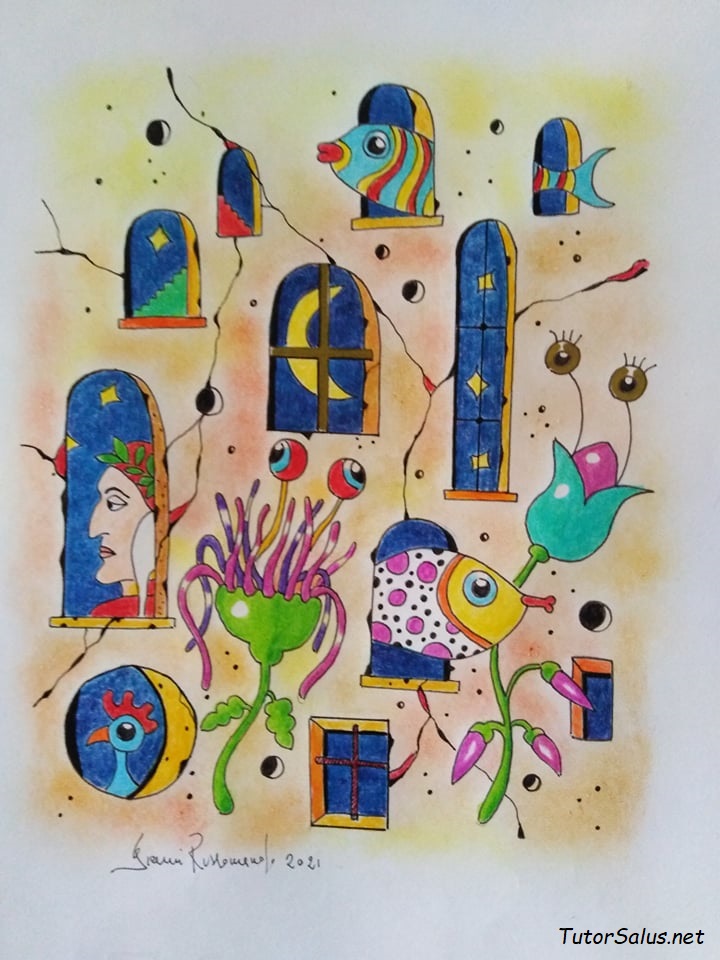“Everything is still to be done…”
- You tube:
“Not that everything remains to be done, but it’s just still to be done, that is what I call the legal thought of love, or of its own benefit.”[1]
https://www.youtube.com/watch?v=p8bZ7vm4_6M Mozart, Symphony n°40 in G minor KV550 Leonard Bernstein. Someone can hazard that Mozart, able to play the piano well at only five years, wasn’t able-bondied : what fancies hover about, and who knows why.
Mustafa, a five years child from Syria, did land at Fiumicino airport (Rome) last January 21st : he was able to move not only his family – father, mother, two little sisters – and the Government of two different Nations, that is Turkey – where the child was living in precariousness with his parents escaping from Syria – and Italy, but also the international Organization[2] which offered specialists and facilities, other than all the people who, just on Mustafa route, are accompanying his transfer or, properly, travel which is at last, and even, a pleasure.
The aimed goal is to supply Mustafa with his first legs and feets, and his first arms and hands which he doesn’t yet know as he’s born without any limb due to nerve gas unloaded on him during his gestation from a bomb at Idlib, in his own Syria at war. Medical operators, wisely careful, anticipate however a satisfying result, and realistic possibilities for Mustafa to get anything his own fellows already do : even studying, they quickly said but we could pick up the words.
Mustafa, who was smiling at his landing in Italy and accustomed to do by himself everything he can, that is very very little indeed compared with his able-bondied fellows – however doesn’t like sleeping, as he confirms without any hesitation when required : “What you don’t like, Mustafa ?”
And about his answer, he meekly repeats without any change, we’re already listening many theories, included the one by which the child, happy by now as heh is distant from the war, won’t fear any more to fall asleep.
How then can they build a reliability[3] all those approaching Mustafa – included his own relatives – if they get away from the marriage with a ‘legal thought of love’ which doesn’t deny thinking : ‘never hurry, never worry’ ?
Souff(e)rance[4] indeed is now charged with, as it does turn toward a thick and harmful distress like the polluting fogs to which we try to adapt ourselves : until ignored and systematized it will be the enemy of a ‘salus’ which is by no means, as a matter of facts, non-existent.
Marina Bilotta Membretti - Cernusco sul Naviglio January 24, 2022
[1] Cit. in “Tre capitoli” by Giacomo B. Contri, ‘Contributo 7 gennaio 2022’.
[2] https://www.vaticannews.va/it/chiesa/news/2022-01/famiglia-sira-caritas-siena.html?s=03
[3] “…So that three are my concluding items : Law, Science, Trust”, cit. in “Tre capitoli”, by Giacomo B.Contri ‘Contributo 7 gennaio 2022’.
[4] ‘Il Seminario su “La lettera rubata” in ‘Jacques Lacan. Scritti’, a cura di Giacomo B. Contri – Biblioteca Einaudi (1974 e 2002) pp.7-58.




